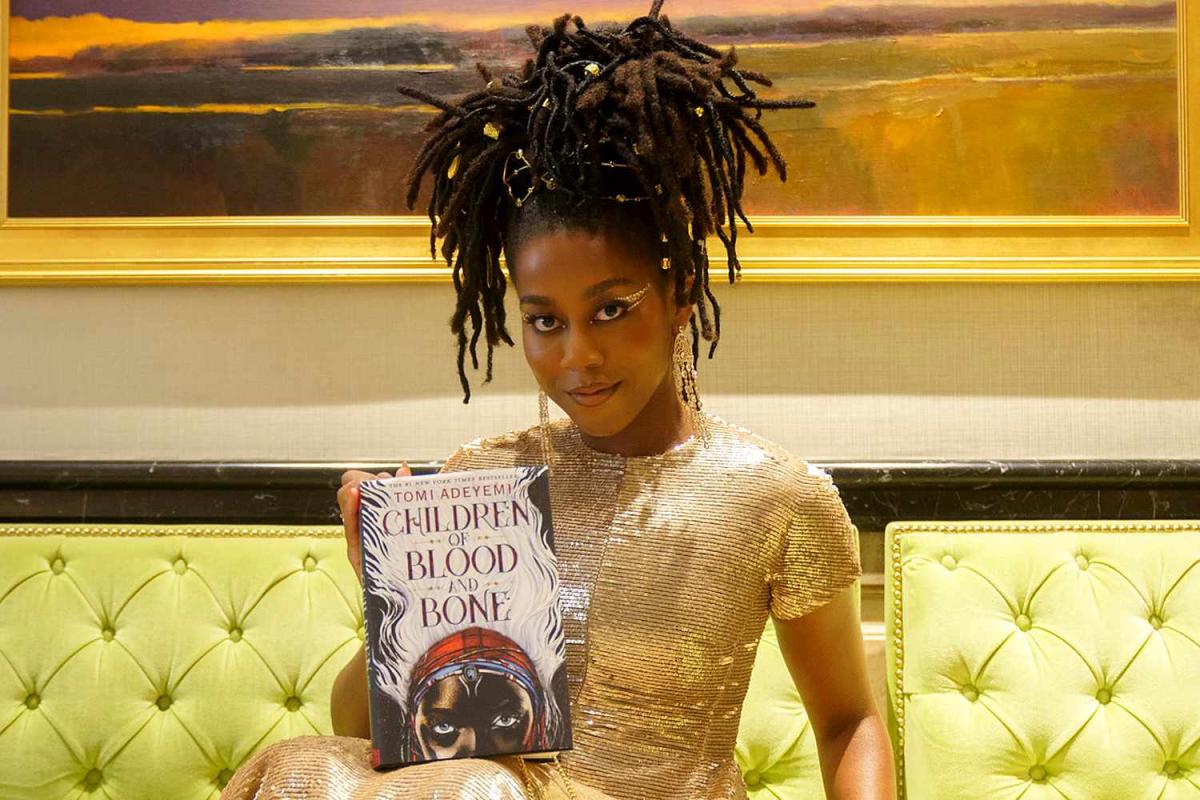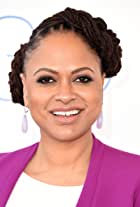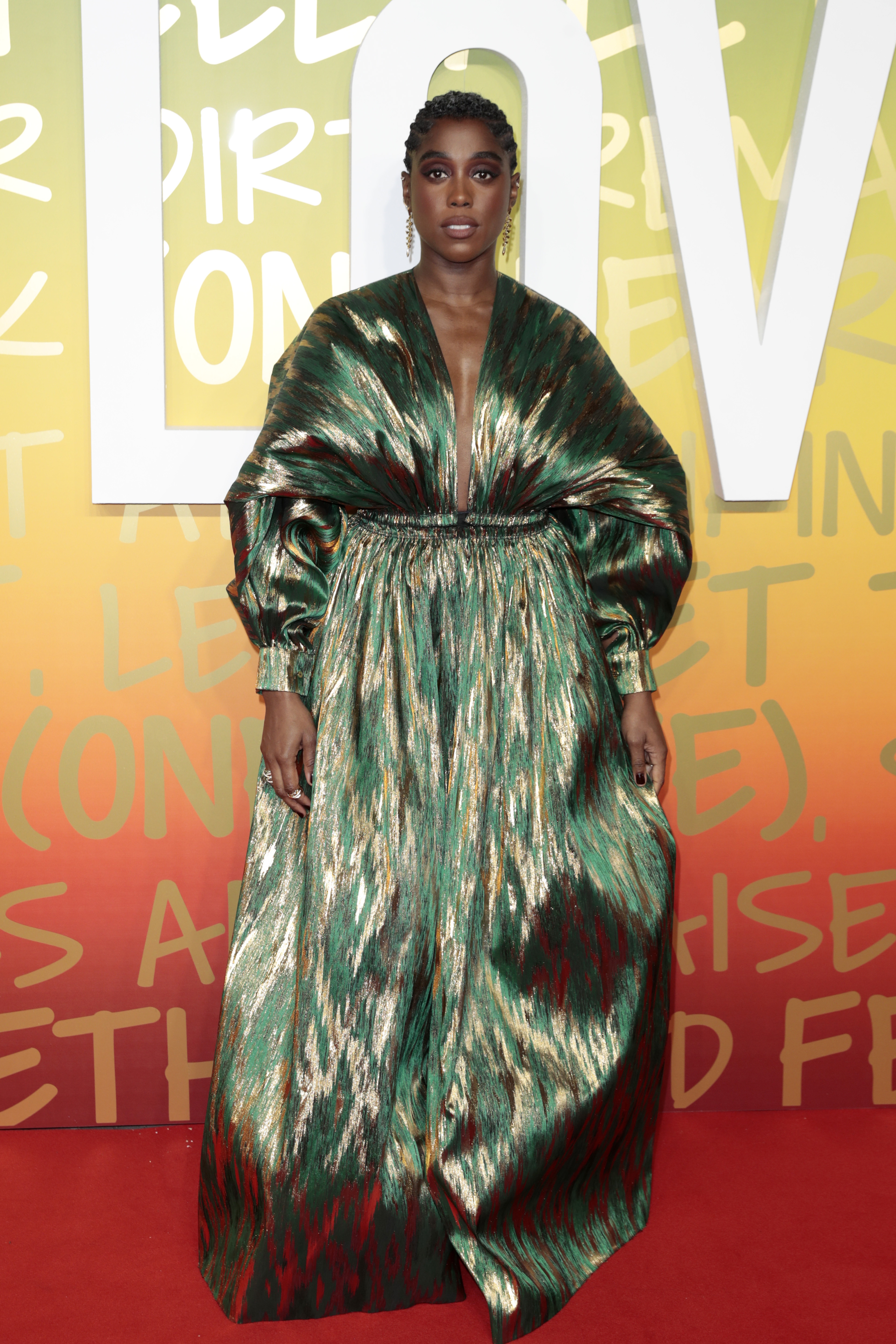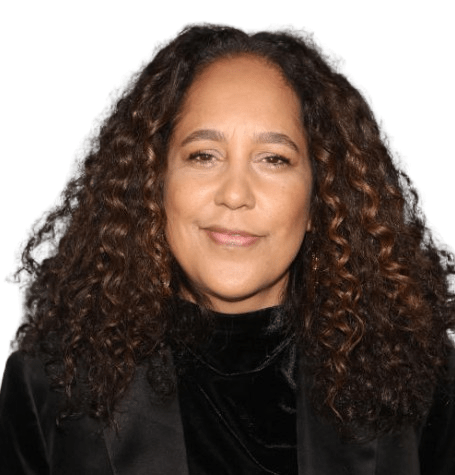
Gina Prince-Bythewood
Birthdate – June 10, 1969 (55 Years Old)
Birthplace – Los Angeles, California
Gina Prince-Bythewood (birthname: Gina Maria Prince) is a key part of the early wave of African American women filmmakers who began to make an impact in Hollywood in the early years of the 21st century.
That isn’t to say that director/writer/producer Prince-Bythewood pioneered the efforts of Black women behind the camera—these were made earlier, perhaps most notably by auteur indie filmmaker Julie Dash—but she built on the momentum set by Dash’s generation to make movies that reached a wider audience. Only recently has her directorial energies reaped rewards in features as much as in television, traditionally a much friendlier zone for Black female filmmakers.
After a decade of mainly writing and/or producing in network television, Gina Prince-Bythewood stepped up to feature filmmaking with the semi-autobiographical film, Love & Basketball (2000), with Sanaa Lathan, Omar Epps, Alfre Woodard, and Dennis Haysbert, and executive produced by Spike Lee. It went on to win the Indie Spirit Awards’ Best First Screenplay prize, one of its twelve total awards.
Eight years passed before Prince-Bythewood directed her next feature as writer-director with her adaptation of Sue Monk Kidd’s book for Fox Searchlight, The Secret Life of Bees (2008), with Queen Latifah, Dakota Fanning, Jennifer Hudson, Alicia Keys, and Sophie Okonedo. Another six years passed before Prince-Bythewood, following many funding challenges, made her third feature as writer-director, Beyond the Lights (2014), with Gugu Mbatha-Raw, Nate Parker, Minnie Driver, Machine Gun Kelly, and Danny Glover, which premiered at the Toronto Film Festival and scored an Oscar nomination for Best Song.
Gina Prince-Bythewood’s first feature solely as screenwriter was her adaptation (with Maria Maggenti as the credited co-writer) of Lauren Oliver’s science fiction novel, Before I Fall (2017), which was directed by Ry Russo-Young and starred Zoey Deutch, Halston Sage, and Jennifer Beals. Prince-Bythewood returned behind the camera (as director only) for Netflix’s The Old Guard (2020), starring Charlize Theron and KiKi Layne, and marked the first superhero movie directed by a Black woman.
In 2022, Prince-Bythewood resumed her usual twin roles as writer-director for TriStar’s big-scaled historical epic set in Dahomey, The Woman King, starring Viola Davis, John Boyega, and Lashana Lynch. Prince-Bythewood is set to serve as producer of the sequel, The Old Guard 2 (date to be announced), with Theron and Layne resuming their roles, along with Chiwetel Ejiofor, Matthias Schoenaerts, and Uma Thurman in the cast.
Personal Details
Los Angeles-born Gina Prince-Bythewood was adopted at three weeks old by Bob and Maria Prince. While her birth ethnicity is mixed race (her birth father is Black, and her birth mother is Anglo side), Prince-Bythewood’s adoptive parents are of a combined Anglo, Salvadoran, and German ethnicity. She has four siblings in her adoptive family.
Raised in the Monterey Bay area community of Pacific Grove, California, Prince-Bythewood graduated from Pacific Grove High School and attended UCLA, studying both films (where she received the Gene Reynolds Scholarship for Directing as well as the Ray Stark Memorial Scholarship for Outstanding Graduates) and competing on UCLA’s feted track team. Prince-Bythewood later learned that her birth mother gave her up for adoption as a teenager, with her family demanding that she abort her multi-racial child. Prince-Bythewood married writer-director Reggie Rock Bythewood in 1998; the couple has two children, Toussaint and Cassius.
Some Facts About Gina Prince-Bythewood
Philanthropist: Gina Prince-Bythewood is a contributor to the endowment, The Four Sisters Scholarship.
DGA Mover and Shaker: Prince-Bythewood is co-chair of the Directors Guild of America’s African American Steering Committee, exploring new pathways for career advancement and job creation for African American directors.
Awards
Winner, Best First Screenplay, Independent Spirit Awards (2001); Winner, Best Film in Sundance Film Category, Humanitas Prize (2000).

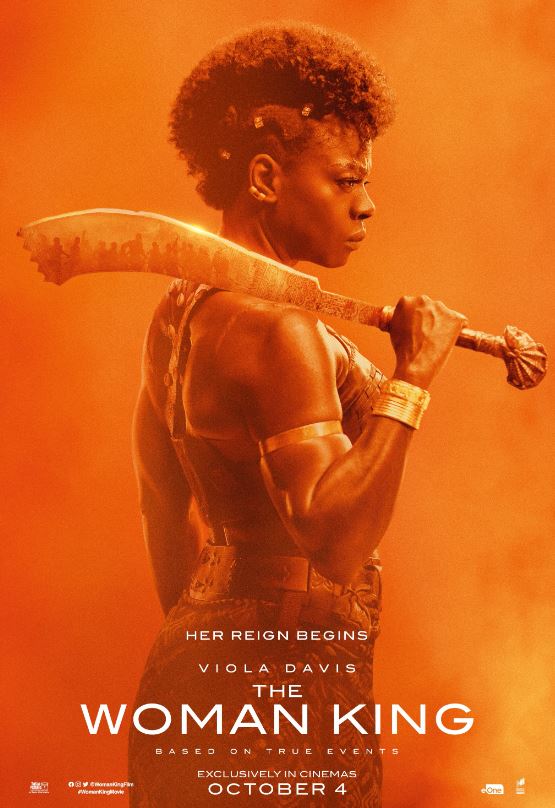
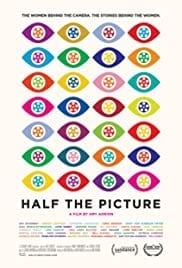

:max_bytes(150000):strip_icc():focal(722x382:724x384)/Tomi-Adeyemi-Sam-Vibes-tout-030124-cfe4c987bf394121b94d3a63188be3ca.jpg)
